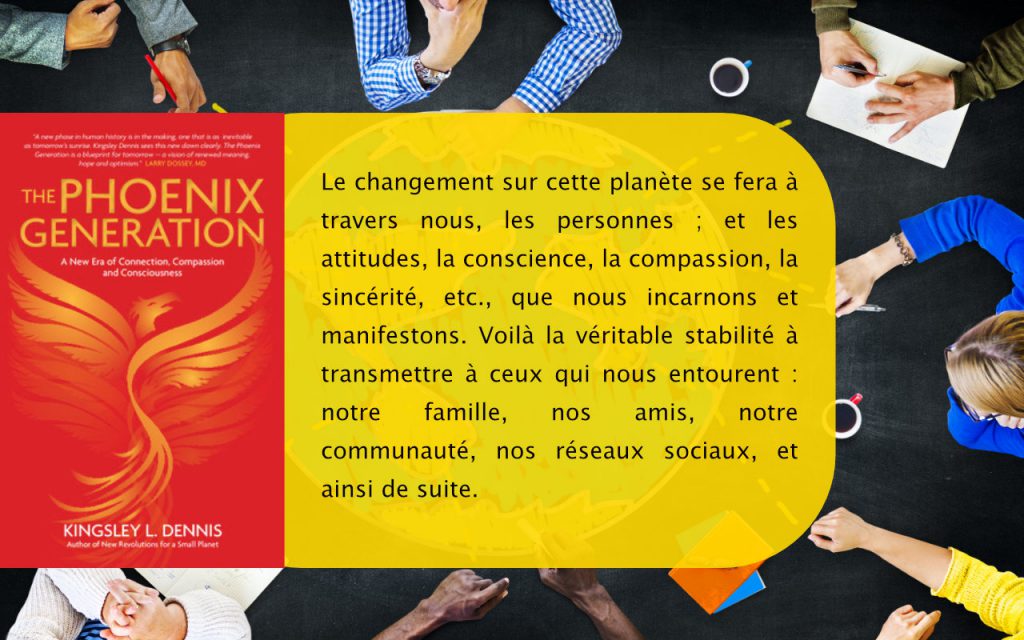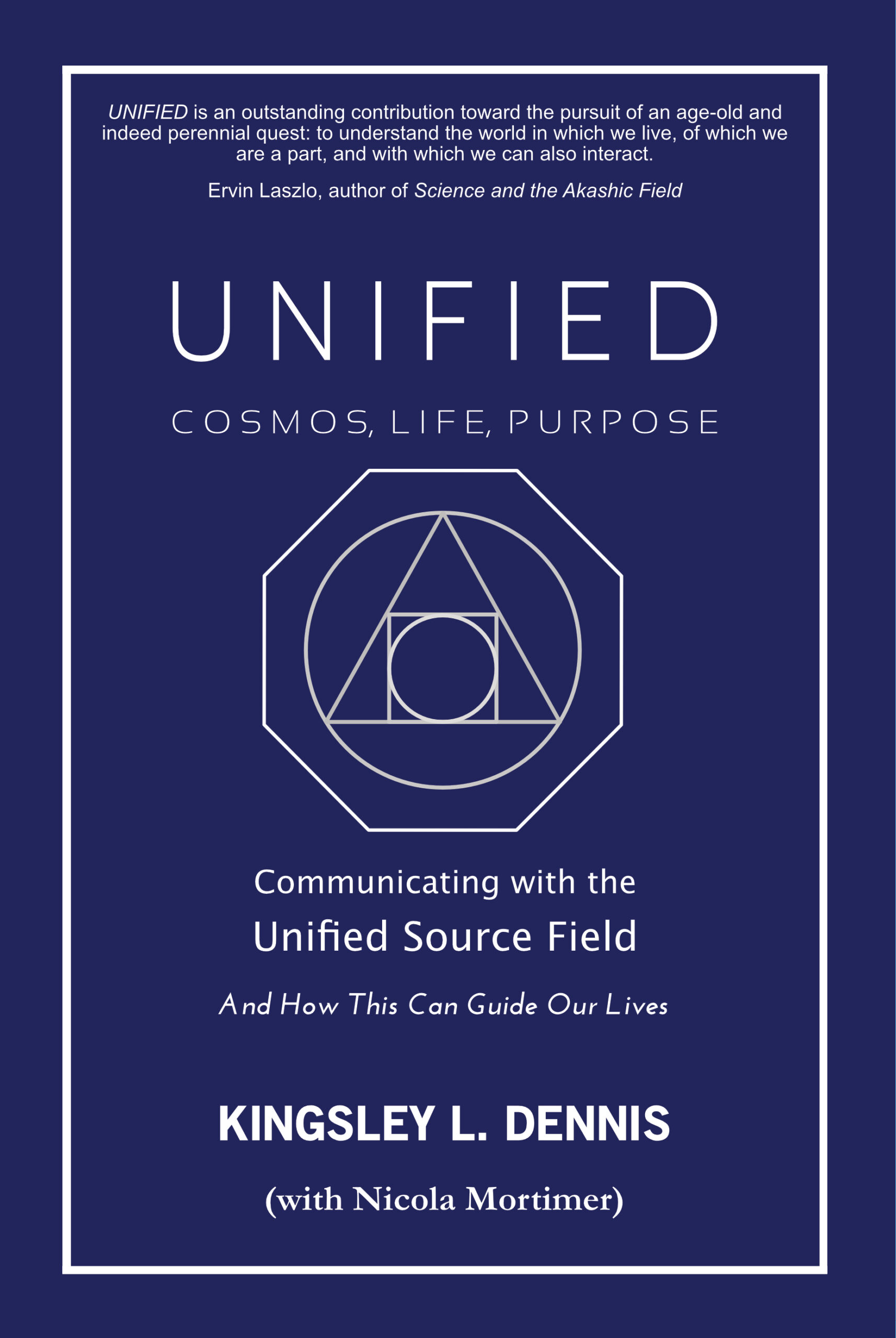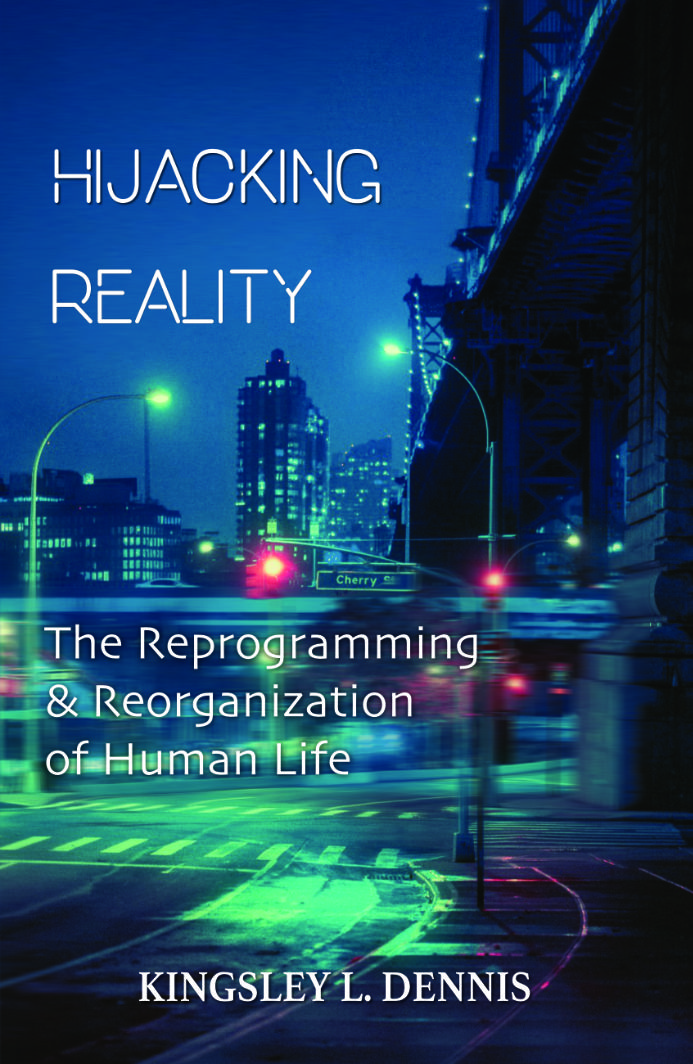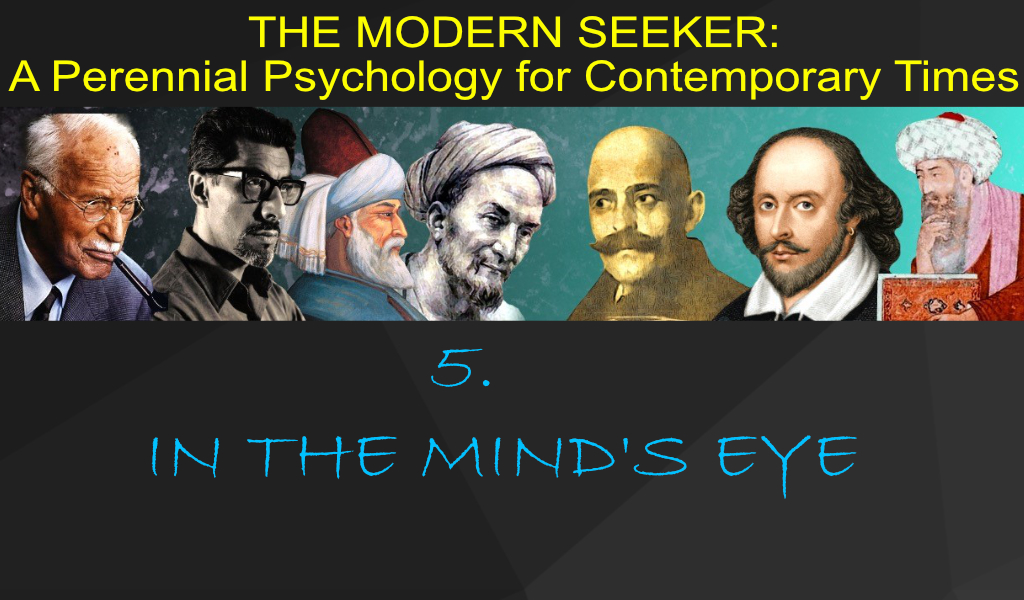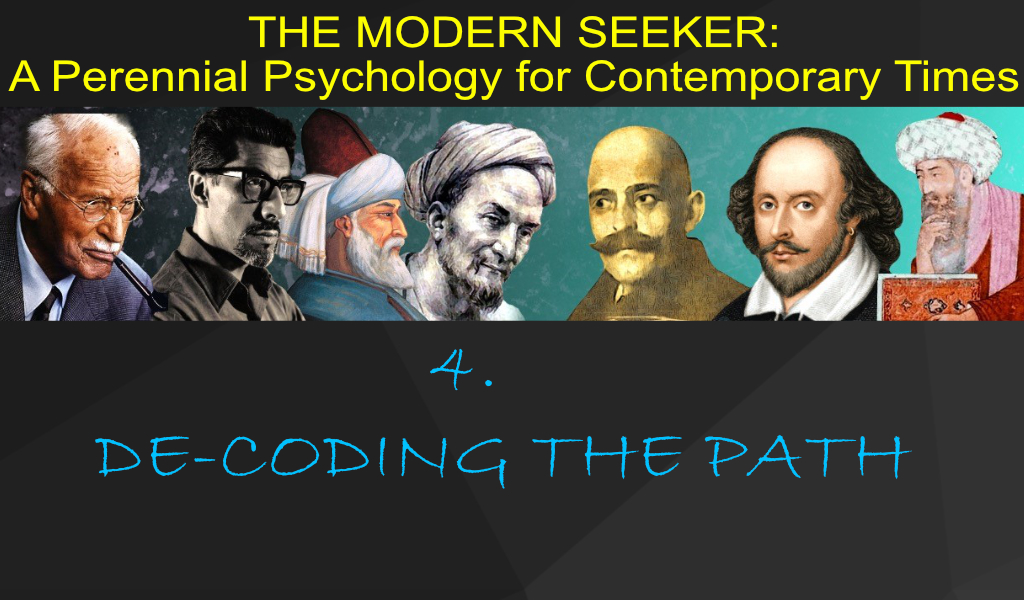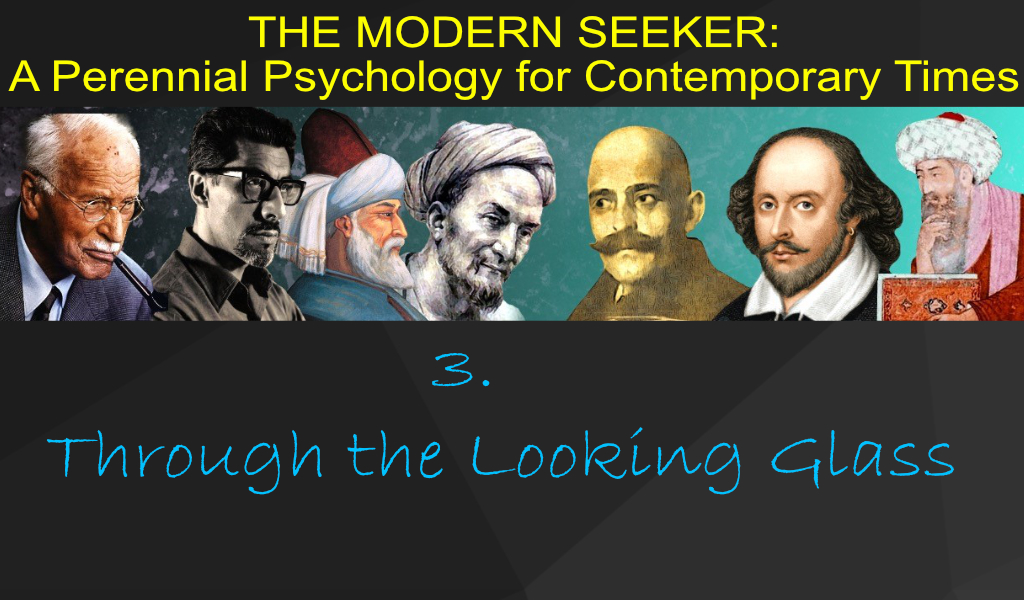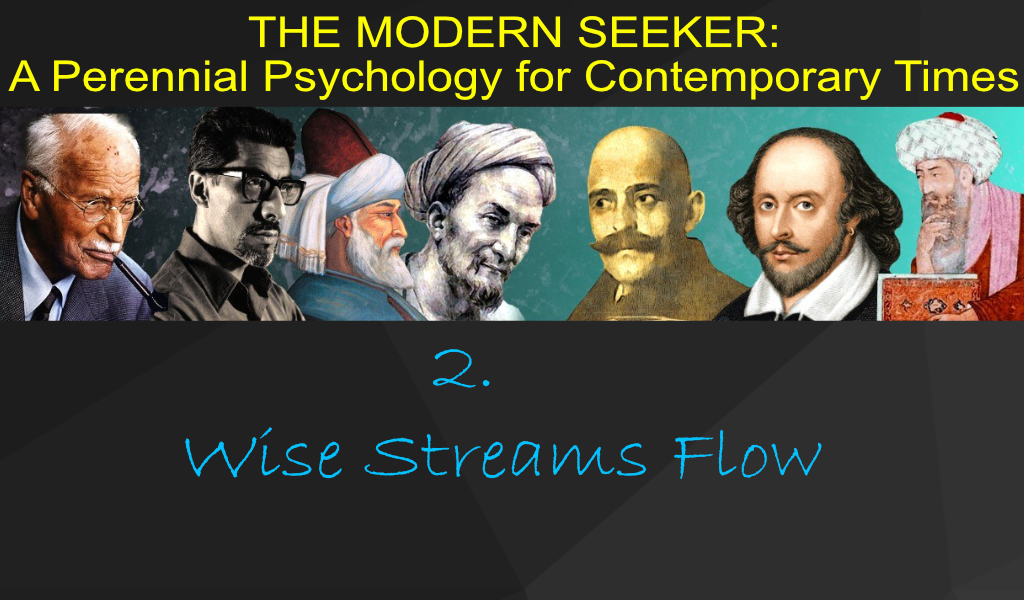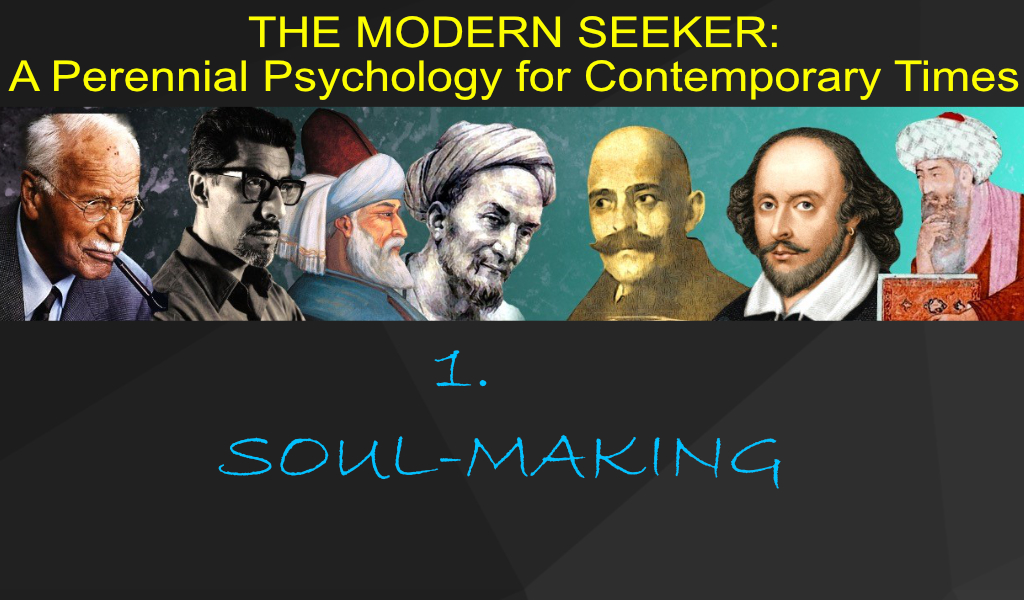A generation of young people is arriving into a world that is more technologically assisted than in our entire history as a species. And they will be arriving with minds that see things differently than we currently do. That is, their thinking patterns will not automatically accept many of our beliefs, ideologies, or our socio-cultural systems. Especially, they will find themselves at odds with our orthodox systems of education and health, for example. In terms of education, they will require – or rather, demand – a tech-assisted educational platform the likes of which we have never seen before – because we have not yet created it. And as for health, those of the Phoenix Generation will react against the automatic acceptance of the dominant medical paradigm. They will resist being filled with old model thinking, invalid ideas, and antiquated notions. First, let us look at a new phase in education.
A New Phase in Education & Learning
The structure, content, and connectivity for this new educational platform is already emerging – and it will be a new phase in collaborative learning. In other words, the classroom is becoming global.
Our antiquated educational systems will have to adapt and go through a radical re-thinking and revision as a response to student’s growing needs and attitudes. Here is what I envision:
1) Classrooms will no longer be contained within 4-walled rooms: learning spaces will be more interactive, incorporating many features of online interaction and group participation. Some of these will include interacting and working online alongside students from around the world; learning from virtual game-puzzles and online multi-media presentations; and connecting with learning environments that make use of various platforms. The student learning environment will become an open collaborative space that connects to other learning spaces across the planet – both physical and virtual. That is, MOOC – massive online open courses. This will expand the range of peer-teaching and peer-learning.
2) Not only will students have access to a varied range of teachers but they will also learn from peers around the world. That is, teaching will not be limited to the ‘one person at the head of the class’ model; rather, older people, retired persons, volunteers around the world, etc, will make themselves available in specially designated online platforms to offer their services for questions and learning forums. Guests from varied occupations – business leaders, scientists, creative artists, consultants, etc – will regularly join online learning forums to gladly interact with students and to pass on their own learning and knowledge.
3) Online ‘3-D world’ platforms will also be developed as immersive learning experiences. Some teaching institutes will develop fully working virtual campuses (an extension from the online campus) where students can enroll as avatars and attend virtual classes populated by students from around the world. The learning process will shift from being a linear two-way model (teacher-student) to a multi-phase process incorporating a variety of learning possibilities with mixed-level collaborators. These mixed learning environments – no longer called classrooms – will also place students of varying ages and abilities together. In this way older, more learned students, can also assist in the learning process of lower-level students. That is, learning environments will no longer depend upon location since many learning-teaching platforms will utilize an array of online and virtual collaborative spaces.
4) The learning process will be made more fun. It will allow for a broad range of creativity and ‘free time’ for brainstorming (heart-storming) ideas. The interaction between students and their varied teachers will be mutual and not one-way. Students will use an array of virtual games and online puzzle solving activities to exercise creativity. Multiple player platforms will also allow many students to work together and collaborate to solve riddles and quests – similar to video gaming yet with constructive goals and outcomes.
5) Learning modules will become more individually customized. Students will have more influence in directing their learning process according to their needs, wishes, and motivations. The old-model curriculum of preparing students for an industrial workforce will no longer apply. The world will have changed in a way that will have made many older needs obsolete. Also, the students of the Phoenix Generation will have a greater instinctual understanding of what they feel is necessary to learn for each individual. The ‘one-model-fits-all’ rule will no longer apply and will have been phased out. Importantly, the ‘stick-carrot’ reward system will also go the way of the dinosaurs. The older examination system will be replaced by a variety of comprehension/capacity feedback from both teachers and fellow peers. Understanding will be measured by one’s comprehension and individualized capability – not by standardized grades. Stress and self-doubt will be replaced by enjoyment and self-confidence.
To summarize, the educational system required for the Phoenix Generation will celebrate knowledge rather than box it or narrowly categorize it. Traditional ‘knowledge’ subjects – mathematics, science, history, etc – will still be offered; however, they will be accompanied by a variety of modules more suited to the practical and creative needs of the new era. It will seem as if there is an endless diversity of topics for the student to connect with. The variety of creative subjects, combined with an array of collaborative online environments, will take education to a new level. Such new learning environments will allow the students to be active content-choosers, rather than passive and coerced content-consumers. Education will cease to be redundant and will assist students to become the co-creators of their world.
Now let us turn to examine, briefly, what may happen when those of the Phoenix Generation no longer accept to be a receptacle for outworn medical dogmas.
Health in the Era of the Phoenix Generation
The young people will know more on an instinctive level what will and what won’t work. I foresee the following changes in the area of health during the early years of the Phoenix Generation:
1) There will be a dramatic turn away from the belief, confidence, and trust in the current health industry. The present health industry is a global trade that has commoditized human well-being into the industrialization of illness. The rise of ‘big pharma’, as it has been termed, constitutes a pharmaceutical conglomerate of global players that wield immense political influence. Theirs is an agenda that seeks to support a sickness-for-profit model at the expense of natural, organic knowledge and well-being practices. The basic premise of the old paradigm ‘illness industry’ is that profits come before patients. Profits also come before transparent and objective research trials and results, according to many researchers. The pharmaceutical lobby (also known as the drug lobby) exhibits its own unhealthy influence over politics and media representation. The result of this has already seen a loss of trust in the pharmaceutical industry, especially in the arena of vaccinations.
2) The young people of the Phoenix Generation will listen more to their bodies; they will be more careful over what they ingest (food and medicine); and they will instinctively feel what their bodies need. They will recognize the innate intelligence of their bodies. As a consequence our health diagnosis will have less dependency on clinical diagnostics and more trust in one’s instinct. Increased intuition over one’s own health will guide people in choosing what changes they need to bring about for themselves. It will become more common for people to express the feeling, and intention, that they are in communication with their body and its needs. This will occur parallel to a loss of ‘public face’ and reputation of big pharma as emerging revelations make public the dishonesty of our incumbent industrialization of illness. The global corporate health industry will be one of the major old paradigm systems to suffer at the hands of (r)evolutionary change.
3) There will be increased confidence and support of what are now considered ‘alternative’ health practices. This will emerge as our sciences continue to validate the principles and properties of quantum energy fields. The concept of energy exchange, and vibrational medicine, in healing will become more commonplace, and increasingly sought after. This includes the use of human consciousness in non-local healing. According to medical doctor Larry Dossey, distance-healing and similar attributes of the nonlocal mind have often been referred to as ‘distant intentionality.’A major shift during the years of the Phoenix Generation will be the recognition that illness is not solely an individual matter, but is something which affects others around us. The rise and recognition of non-local healing will be central to how health is viewed and understood in the post-big pharma years. In the beginning the older doctors will have a hard time accepting this transition. However, as those of the Phoenix Generation assume the positions of doctors themselves they will usher in this new period for human health.
4)Health and illness will be viewed as transitional states – even death will be recognized as a transitional moment – and thus empathy, compassion, and love will play greater roles in the process of healing. Already we have the early signs of this change emerging in open-minded doctors and patients around the world, and in many other incidents rarely publicized. Human well-being is becoming recognized as being related to the transpersonal and nonlocal. The years ahead will usher in more education and new understanding about health, biology, and the nature of illness and disease.
5) The emergence of new scientific knowledge will help humans to live longer. Extended life will go hand in hand with surprising research findings about the nature of human DNA. We will come to realize that DNA acts to activate specific energies within us when our state/frequency is ready for this. That is, human DNA activates specific dormant functions within the human being according to evolutionary necessity. DNA will finally be accepted as an unfolding process, rather than as a static 3% protein building set of chemical reactions. This unfolding process occurs in a quantum, nonlinear way; and will be grasped in an intuitive way, helping people to have more natural insight over their well-being. The development of personal well-being and health, with extended lives, will lead not to an increasing population but rather to a decrease. This will be because there will be a decline in the need for larger ‘survival families’, as is often the case in current developing nations. The instinct will shift more toward smaller families that can provide close care and nurture. Modern couples of the Phoenix Generation that live in high-population regions may even opt out themselves of raising children. Modern states are likely to begin experiencing a decline in population around 2030 rather than an increase.
In the years of the Phoenix Generation the new young minds will simply choose to do things differently – old patterns will shift. Finally, our planetary society will stabilize its population growth in line with sustainable limits. Living within sustainable limits will form part of the new understanding governing human health and well-being.


